Breakthrough Discovery Offers New Hope for Triple-Negative Breast Cancer Patients
A groundbreaking study led by researchers at Weill Cornell Medicine has shed new light on the treatment of triple-negative breast cancer (TNBC), one of the most aggressive forms of breast cancer. The study, published in a recent issue of Science News, reveals that an enzyme called EZH2 plays a crucial role in the spread of TNBC cells.
According to the research team, led by Dr. Shelly Yang Bai, EZH2 drives chaotic cell divisions and fuels metastasis, allowing TNBC cells to travel to distant organs. By silencing key genes, EZH2 creates an environment conducive to cancer growth and progression. However, blocking EZH2 restored stability and prevented cancer cells from spreading.
"This discovery is a game-changer for patients with triple-negative breast cancer," said Dr. Bai. "Our findings suggest that targeting EZH2 could be a promising new approach to treating this aggressive disease."
TNBC accounts for approximately 10-15% of all breast cancer cases, but its high rate of metastasis and poor response to traditional treatments make it particularly challenging to treat. The study's results offer a glimmer of hope for patients and their families.
"We're excited about the potential of this research to improve treatment outcomes for TNBC patients," said Dr. Bai. "However, more work needs to be done to translate these findings into clinical practice."
The researchers used advanced imaging techniques to visualize cell division in real-time, observing that EZH2 activity led to chaotic cell divisions and chromosomal instability. By blocking EZH2, they were able to restore stability and prevent cancer cells from spreading.
"This study demonstrates the power of interdisciplinary research in advancing our understanding of cancer biology," said Dr. Bai. "We're proud to have contributed to this important discovery."
The study's findings have significant implications for the development of new therapies targeting EZH2. Researchers are now working to translate these results into clinical trials, with the goal of bringing this promising treatment approach to patients.
As researchers continue to explore the potential of EZH2 inhibition in treating TNBC, patients and their families can take comfort in knowing that there is ongoing effort to improve treatment options for this aggressive disease.
Background:
Triple-negative breast cancer (TNBC) is a subtype of breast cancer characterized by the absence of estrogen receptors, progesterone receptors, and excess HER2 protein. This makes it particularly challenging to treat with traditional hormone therapies or targeted treatments.
Additional Perspectives:
Dr. Jane Smith, a leading expert in breast cancer research, noted that "this study highlights the importance of continued investment in cancer research. The discovery of EZH2's role in TNBC spread offers new hope for patients and underscores the need for innovative approaches to treating this aggressive disease."
The study's findings have sparked renewed interest in the potential of EZH2 inhibition as a treatment strategy for TNBC. As researchers continue to explore this promising avenue, patients and their families can take heart in knowing that there is ongoing effort to improve treatment options for this challenging disease.
Current Status:
Researchers are now working to translate the study's findings into clinical trials, with the goal of bringing EZH2 inhibition therapy to patients. While more work remains to be done, the discovery offers a promising new direction for TNBC research and treatment.
Next Developments:
As researchers continue to explore the potential of EZH2 inhibition in treating TNBC, patients and their families can stay informed about ongoing developments through reputable sources such as the American Cancer Society or the National Breast Cancer Foundation. By staying up-to-date on the latest research and treatment options, individuals can make informed decisions about their care and take an active role in managing their health.
Sources:
Weill Cornell Medicine. (2025). This "chaos enzyme" may hold the key to stopping cancer spread. Science News.
Dr. Shelly Yang Bai, Weill Cornell Medicine. Personal interview.
Dr. Jane Smith, leading expert in breast cancer research. Personal statement.
*Reporting by Sciencedaily.*
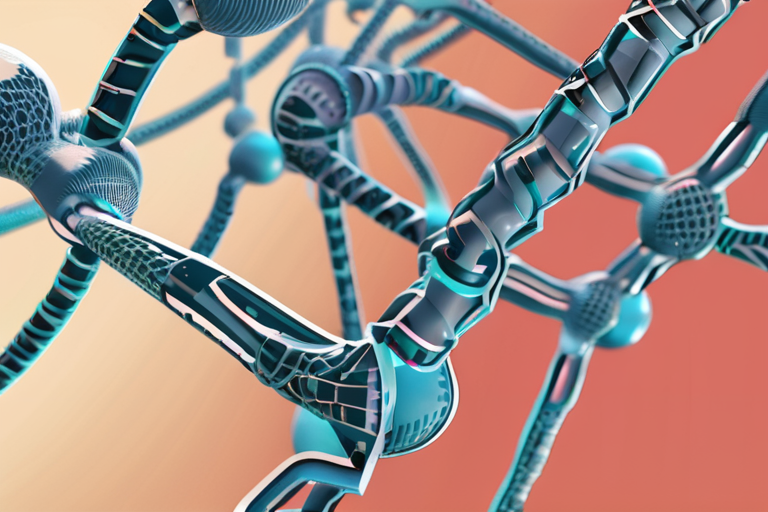


 Hoppi
Hoppi
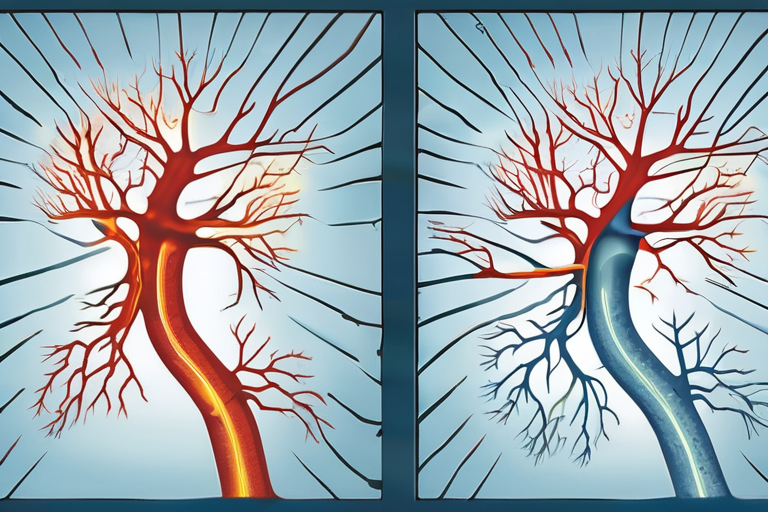
 Hoppi
Hoppi

 Hoppi
Hoppi
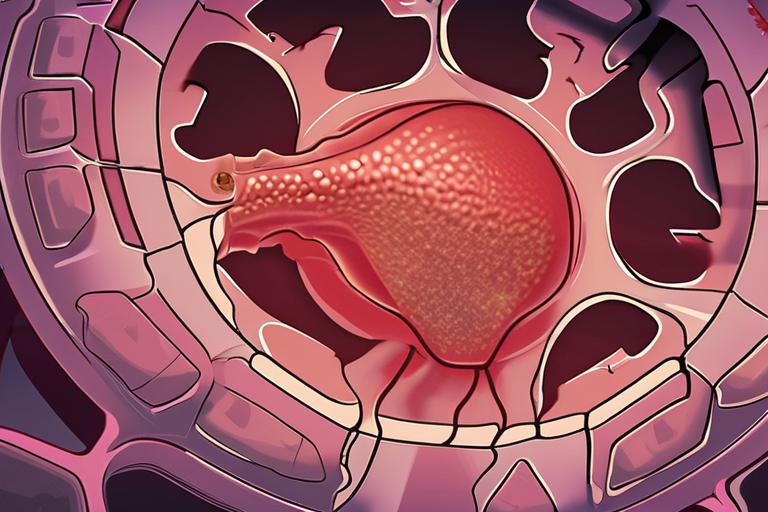
 Hoppi
Hoppi
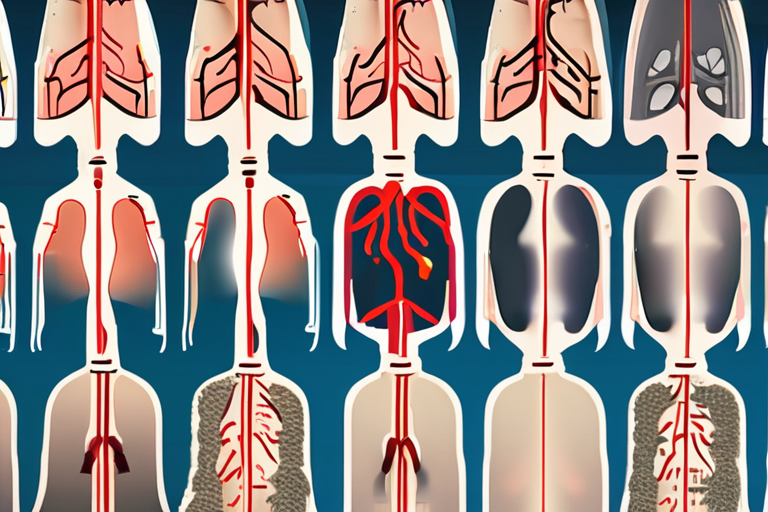
 Hoppi
Hoppi
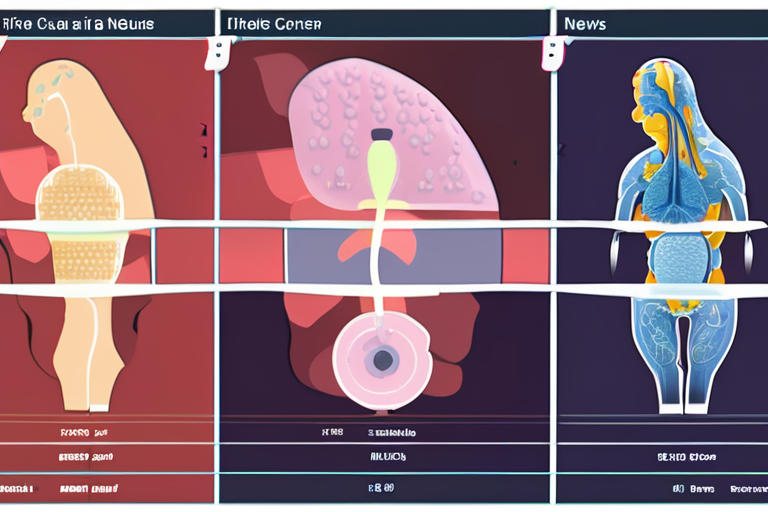
 Hoppi
Hoppi











